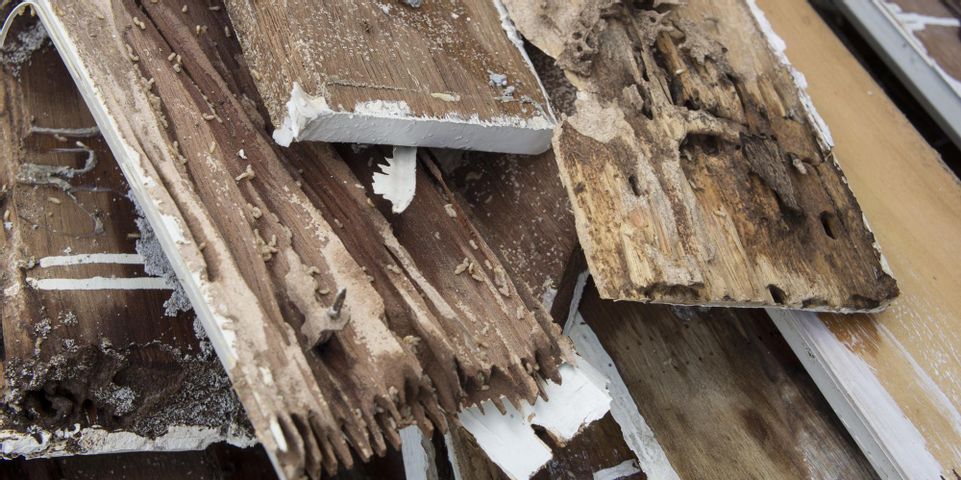
In the United States, termites cause billions of dollars in damage each year. They cause so much harm that they can impact the structural stability of the house. It’s better to prevent the infestation of termites rather than pay for repairs later, and a termite inspection can detect the presence of termites or suggest needed measures for termite control. Here’s some information on how these little insects can inflict so much damage.
Termite Habits
Termites feed on cellulose, which is an organic compound in plants and trees. Thus, they have a fondness for wood—primarily decaying and usually damp wood. They don’t just feast on wood, though. They tend to eat their way through anything that contains cellulose, like the outer layer of Sheetrock. If you’re worried about termites, a termite inspection can find all the susceptible materials in your home.
Where there is one termite, there are many termites. They live in large colonies, and multiple can feed on the same structure. A colony can have over 15 million termites, and they can survive for years if left undisturbed.
Deterrent Materials
Building a termite-resistant structure is one way to keep the pests out. Termites do not eat the following materials:
- Painted wood
- Pressure-treated wood
- Oriented strand board
- Bamboo
- Plastic
- Concrete
Consider using those materials for the next addition of your home if you wish to avoid any chance of a termite problem. Or use these materials to replace any walls or floors damaged by termites.
How to Detect Termites 
These pesky insects tend to burrow through structures as they slowly eat. It can be difficult to observe them, though, because they prefer to make their way from the inside out. Along the way, they build tubes of mud to tunnel their way through the wood. If you do see small mud tubes or tunnels around your home, there is a good chance that termites are present. During a termite inspection, you want to check inside boards for hollowed-out mazes since it’s a sure sign that these unwelcome guests have been there. Tapping on wood and getting a hollow sound is another likely sign of termite damage.
If you’d like to have a termite inspection of your home, Pep Co., Inc. of Kearney, NE, can provide the solution. Certified by the Nebraska State Pest Control Association and members of the National Pest Management Association, they have been the experts in pest management since 1987. Insects, rodents, and other pests don’t stand a chance with their long-lasting prevention and control tactics. Visit their website to learn more about their services or contact them at (308) 236-6103 to schedule an appointment.
About the Business
Have a question? Ask the experts!
Send your question

